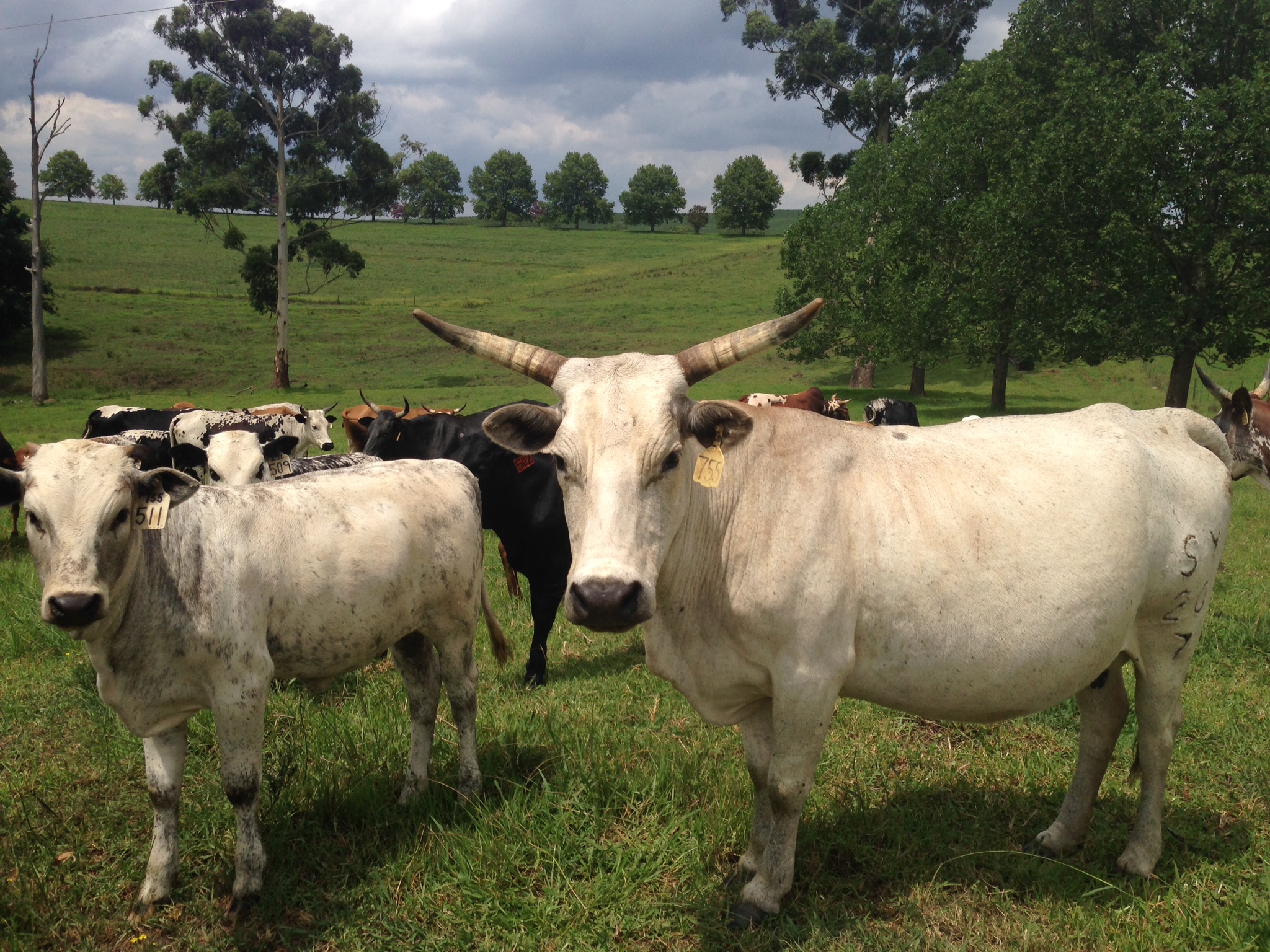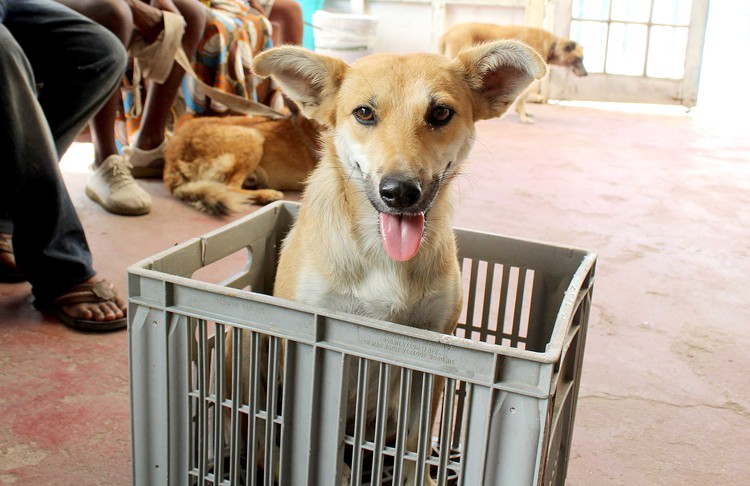How our Constitution views animals
Court says “animals are sentient beings” capable of suffering and pain
In December 2016, a Constitutional Court judgment recognised the importance of the National Council of Societies for the Prevention of Cruelty to Animals (SPCA) and confirmed its power to carry out private prosecutions for cases of animal cruelty.
Background to the SPCA case
Animal cruelty is a criminal offence under the Animals Protection Act, 1962. It carries a penalty of up to six months imprisonment.
In the past, the SPCA would investigate and gather evidence on cases of animal cruelty and then refer them to the National Prosecuting Authority (NPA). The December ruling concerned two cases of animal cruelty the NPA had declined to prosecute. The SPCA argued that it should have the power to carry out private prosecutions, where the NPA declined to prosecute, to fulfill its mandate to prevent animal cruelty.
Under the Criminal Procedure Act, 1977 there are two procedures to carry out private prosecutions. The first allows an individual as opposed to an organisation to prosecute someone if the NPA declines to do so.
Initially, the SPCA attempted to get a certificate to prosecute the animal cruelty cases but the NPA refused to issue one since the SPCA is an organisation not an individual person. The SPCA then filed an application in the High Court challenging the constitutionality of this restriction and lost both the initial application and the appeal.
On appeal to the Constitutional Court, the SPCA decided to change its application to instead rely on the second procedure to carry out private prosecutions. This procedure, known as private prosecution under statutory right, allows any organisation or person to carry out a private prosecution if they have statutory authority to do so and the NPA has decided not to prosecute the offence.
The Minister of Justice and the Director of the NPA, who were respondents in the matter, did not oppose the application since the Minister raised the argument that the SPCA could prosecute under statutory right in the lower courts.
What the court decided
The Constitutional Court had to decide whether the SPCA had the authority to carry out private prosecutions for animal cruelty offences. To make this decision, the Court looked at the legislation, but also the role of the SPCA in protecting animals.
Under the Societies for the Prevention of Cruelty to Animals Act, 1993 (SPCA Act), the SPCA is given the authority to carry out legal proceedings that are “connected with its functions”, but it was not clear whether this includes criminal prosecutions. Some of the main functions of the SPCA are to investigate and police acts of animal cruelty, and prevent the ill-treatment of animals.
The Constitutional Court’s unanimous judgment written by Judge Sisi Khampepe began with a quotation that animals are “companions, friends and brothers” to humans and noted the SPCA’s efforts to defend the welfare of animals. The court also cited the Lemthongthai case, which confirmed that the Constitution and Bill of Rights apply to the care and protection of animals.
The court recognised the central role of the SPCA in protecting animal welfare, particularly because it fulfills functions the state cannot. The court found that the SPCA has an obligation to uphold the Animal Protection Act and prevent animal cruelty.
The court also found that the SPCA was best placed to conduct private prosecutions for animal cruelty. If the SPCA did not have the authority to prosecute animal cruelty, it would be a “toothless tiger”.
The court found that the SPCA has special status to carry out private prosecutions under statutory right. The court also said that animals are worthy of protection because “animals are sentient beings that are capable of suffering and of experiencing pain”, and discussed how the courts have begun to recognise this in recent cases. In particular, the court highlighted cases dealing with protection of biodiversity and canned lion hunting.
The Constitutional Court’s judgment recognises the importance of animal welfare under the Constitution and the special role of the SPCA in defending our “voiceless companions”.

Support independent journalism
Donate using Payfast

Don't miss out on the latest news
We respect your privacy, and promise we won't spam you.
Next: Will Metrorail users have to wait 17 years for decent service?
Previous: Mining company tells court there’s no evidence it caused cliff to collapse
© 2017 GroundUp. 
This article is licensed under a Creative Commons Attribution-NoDerivatives 4.0 International License.
You may republish this article, so long as you credit the authors and GroundUp, and do not change the text. Please include a link back to the original article.

